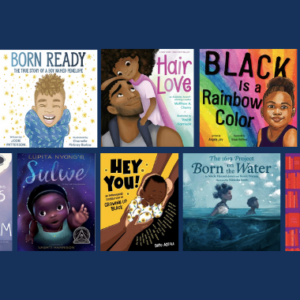As a reading partner and/or caregiver, you have the opportunity to increase your student’s literacy skills and bolster his or her self-confidence. You can support your student’s confidence through the language you choose to use. When your student answers a question incorrectly or misreads a word, you can use these helpful phrases to redirect your student and send a positive message that will help foster a positive self-image as a reader.
Phrases and strategies to support your student in arriving at a correct answer
- “Let’s reread that section of the text one more time then decide on a final answer.”
- “I see why you would think that, but…”
- “That’s a great idea, but I want you to listen carefully to the question one more time.”
- “You’re on the right track…”
- Remind your student of the strategy you’re practicing. “Remember, we’re working on ________ today. Think back to what it means to ________ and give that question one more try.”
- Repeat the question verbatim to allow for additional think time.
- Refer back to the section of the text where the answer can be found and prompt your student to take a look at that page.
Phrases and strategies to support your student in decoding words correctly
- “Try that one again.” or “Give that one more try.”
- “Almost! Try making the ___ sound instead of the ___ sound.”
- “Take another look at that word.”
- “Slow down and start from the beginning of that sentence one more time. Give it your best effort.”
- “Does that sound right to you?” If your student is unable to identify the error, you can offer the correct pronunciation.
- “You know that word! Let’s slow down and try it again.”
- Cover up part of the word with your finger or a post-it and have your student decode the other part. Then, have your student decode the part you previously covered up and blend those two parts together.
- Remind your student of another familiar word that follows the same pattern. For example, if your student had a difficult time reading the word ‘should’ you can remind your student that (s)he can read the word ‘could’ and to identify the similarities across the two words.
- Remind your student of the rule or pattern that will help him or her decode the word. For example, if your student misreads a vowel-consonant-e word with a short vowel sound, you can say, “Remember that the ‘e’ at the end of the word makes the middle vowel say the long sound.”



